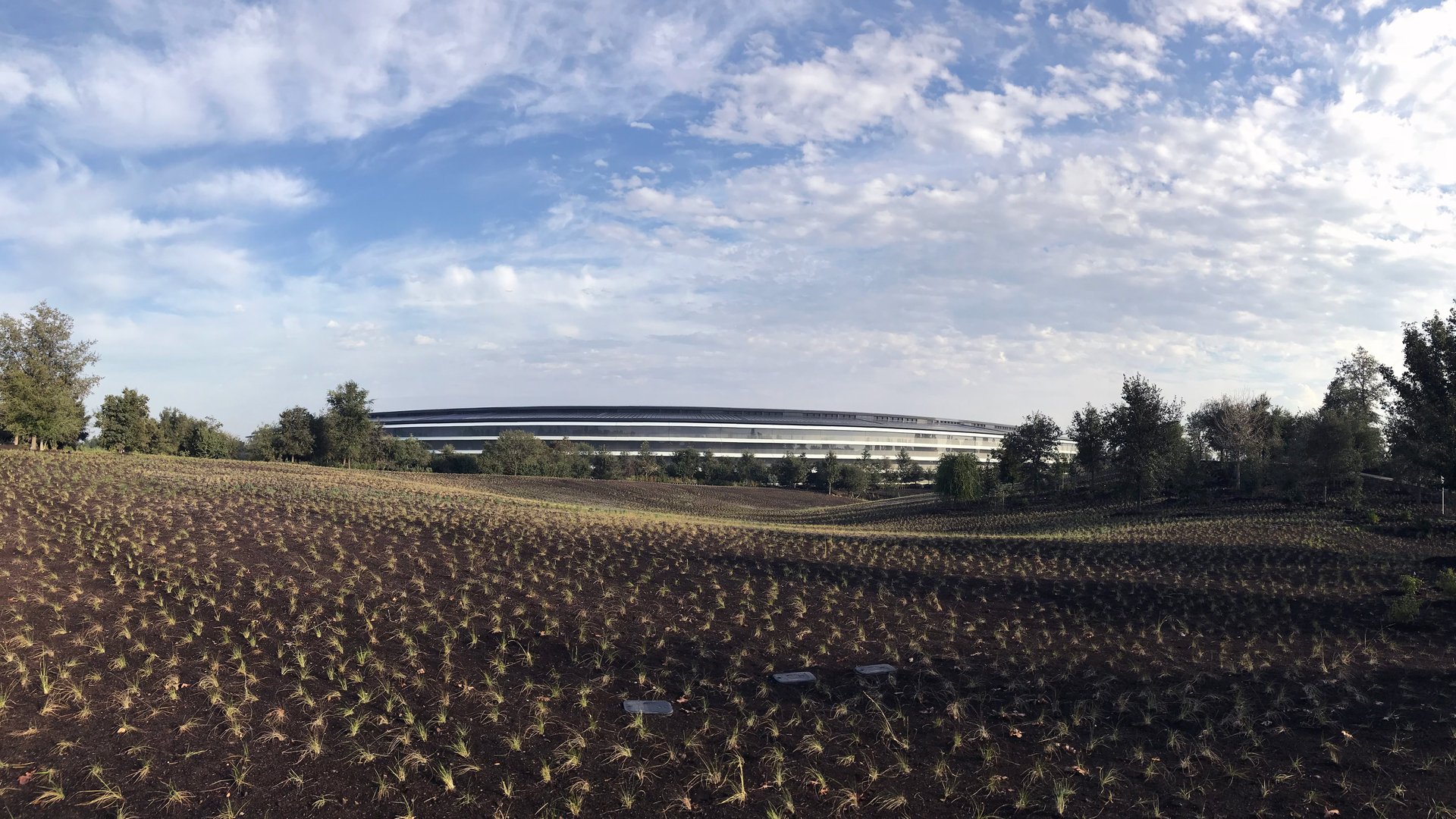Apple’s worth $1 trillion. So what?
Congratulations, Apple! You are now the US’s first company to ever to be valued at $1 trillion, and surely on a path to becoming a modern-day Dutch East India Company.


Congratulations, Apple! You are now the US’s first company to ever to be valued at $1 trillion, and surely on a path to becoming a modern-day Dutch East India Company.
After being close to bankruptcy, death knells ringing in the media, Apple reinstated its original, visionary leader, Steve Jobs, as CEO in 1997. The rest writes itself. Apple went gone on to have a string of blockbuster hits—the iMac, the iPod, the MacBook, the iPhone, and the iPad, to name a few—that has seen it become a luxury-goods manufacturer like no company before it. And since Jobs’s passing, CEO Tim Cook has steered the company to become a well-oiled business that keeps putting out products that are at least slightly more interesting than the ones that came before them. Apple can seemingly do no wrong—financially, at least.
So what does Apple’s vast valuation actually mean for the world? Is a trillion-dollar company a shining achievement for the human race? Probably not. It does mean that a few people have gotten ludicrously wealthy, and many are sitting on vast fortunes, including much of Apple’s board and executive team.
But for all the wealth that Apple has generated, wages for much of the US, Apple’s home country, have been stagnant, with inflation-adjusted wages rising less than $2 an hour since the company went public in 1980. Apple is sitting on over $250 billion in cash and equivalents that it appears to have no interest in spending, other than on buybacks and dividends (its largest acquisition was $3 billion for Beats in 2014).
Apple has begun to talk about the amount of jobs and wealth it’s created in the US. Perhaps this in response to president Trump pestering it to bring iPhone production to the US (even though production would likely take longer and be more costly), but more likely, it’s because of the massive tax break his administration gave Apple to repatriate the many billions it generated on overseas sales. The company has committed to investing $30 billion in the US over the next five years. Remember, Apple has, on hand, eight times more than that right this moment.
Apple has initiated billions of dollars in stock buybacks in its run-up to becoming a trillion-dollar company. So far this year, it’s bought back $43.5 billion of its own stock, and really only ramped up buybacks after some prodding. As former US presidential candidate Ralph Nader suggested in a recent op-ed, it could’ve spent a small fraction of its buybacks on improving the lives of the 350,000 workers who assemble its iPhones at the Foxconn plants in Asia by giving each of them a full year’s bonus—especially considering they may soon lose their jobs to robots. It could’ve even just cut the prices on its devices—its flagship iPhone now starts at $1,000. (Apple’s operating margin is at its lowest in nearly a decade, but still sits at an enviable 26%.)
Make no mistake, Apple has earned its place atop the US industrial pantheon. It makes products that “just work,” that people love and obsess over. And for the most part, it’s not selling us, its users, as a product, like other tech giants (looking at you, Facebook and Google) tend to do. Apple has taken some strides to protect our privacy as company policy, and even to get us to put down our phones. But at the end of the day, we, the consumers, are the ones who have made Apple this wealthy.
But what has all this wealth accrual done for the world, for the US—for Apple? There was a time when Steve Jobs was driven by the goal of building computers that he thought could be a “bicycle for the mind”—something that required effort to use, made us all healthier, and democratized access and shrunk the world. The iPhone undoubtedly kicked off a revolution that has seen most of the US and nearing half the world’s population gain access to the internet wherever they are. But instead of a bicycle, the smartphone has become more of a slot machine, where we passively feed a little time and money in, and sometimes—rarely—get something great in return.
But at least Apple has created its own edifice that would make even Ozymandias blush. Onto the next trillion.